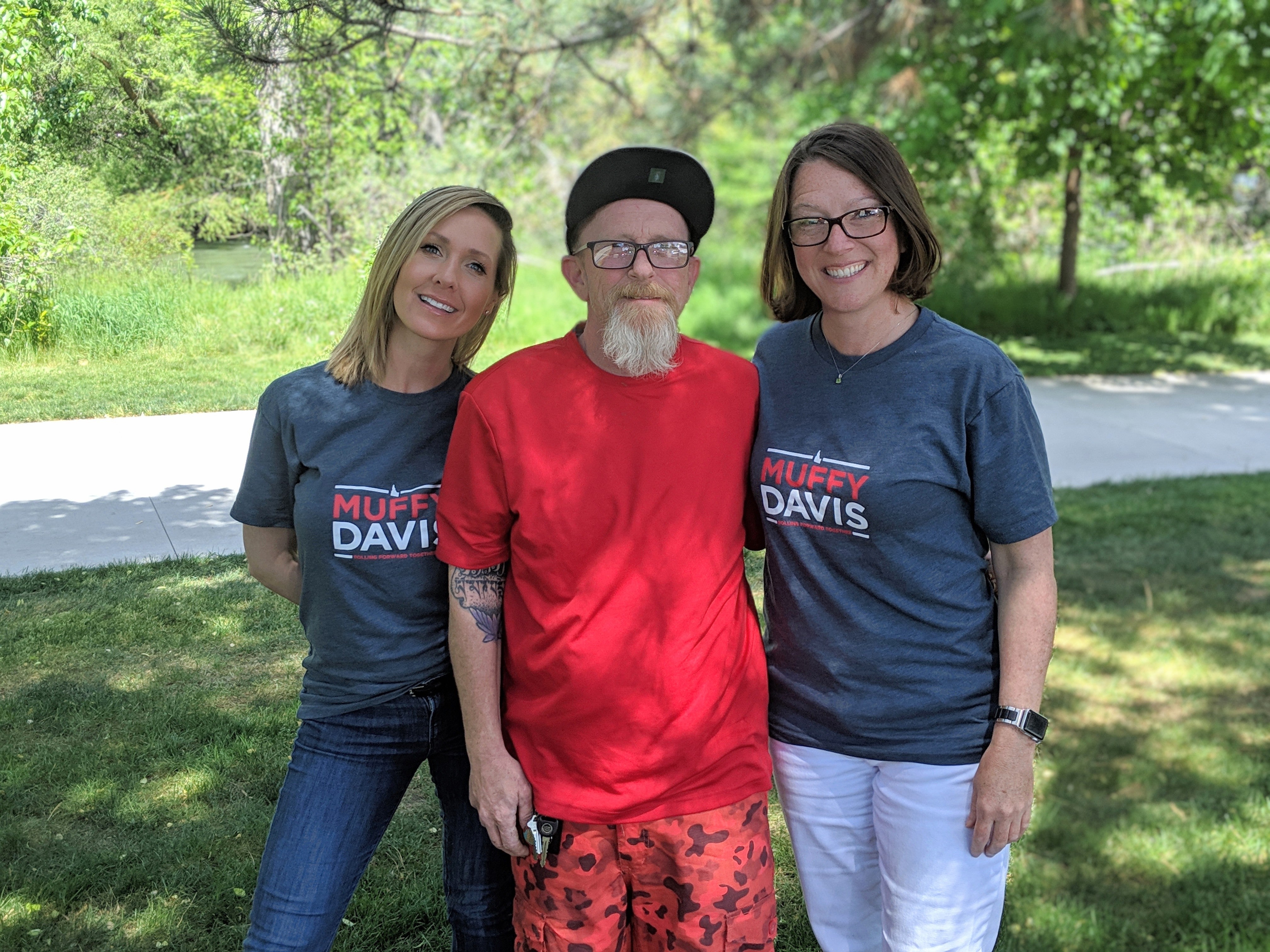
Idaho Rep. Marianna “Muffy” Davis’ first term in office was spent getting up to speed on a cascade of issues critical to her constituents, so when Boise State University Master of Health Science graduate students offered her research assistance, Davis called it “a blessing.”
“As a new legislator, I was unaware of all the demands that I would be faced with,” she said. “My first week of session I was confronted with the vaccination issue and knew I needed unbiased research, but had no idea how I would get that. I surely didn’t have the time or capabilities.”
Davis receives many calls on the issue of vaccines from Idahoans who feel strongly that vaccination guidelines should be more strict, as well as from those who believe current policies infringe on their rights. Recent measles outbreaks across the U.S. and debates around immunization requirements in Idaho have pushed the issue to the fore.
Davis “needed something to provide to her constituents that was easy to understand, and easy to share,” said graduate student Terrance Sharrer.
As part of a spring capstone class, the students stepped up to the challenge and assembled a 15-page packet of information that gives an unbiased overview of vaccinations. You can contact the Department of Community and Environmental Health for a copy of the report. It provides definitions, recommendations for adults and children, and a list of pros and cons for the most common vaccines. The students also included information about how to report side effects.
Sharrer said their goal is not to convince Idahoans whether or not to vaccinate.
“It’s about providing them with accurate information so they can be informed when they decide. And it’s meant to be a resource for [Davis] so she can make good policy decisions.”
To compile the document, the team poured over books and journal articles as well as reports from the Center for Disease Control, the Food and Drug Administration and the Idaho Department of Health and Welfare.
“We looked into everything from what exactly is in vaccines, what procedures are in place for approving new ones and the legislation behind the whole process,” Sharrer said.
Throughout their research, the students didn’t encounter any regionally-specific reports, making their final product relevant for all Idahohans.
The report also includes extensive citations so readers can pursue further research.
“A lot of information is readily available to consumers, we just don’t always know how to sift through it,” said grad student Tiffany Robb. “A parent could think they are very well informed, but may not have gone to the right sources.”
Student DaNae Snyder said that hearing news stories about measles outbreaks while conducting this research made it clear how important this work is. “It just made really proud of what we did as a team.”
As for Davis, she is delighted with the students’ work and is interested in continuing to collaborate with future student classes.
“This opportunity was so valuable not just for me but for my constituents and anyone who wants honest, unbiased information on vaccinations,” said Davis. “I hope to continue this relationship and develop on what the students assembled.”
For the students, the process of working with a legislator also was rewarding.
“This project gave us permission to go and approach our representatives, and sit down with them and have conversations,” said Robb.
“Being able to walk into the Capitol and be an important voice within the whole political process. Being recognized as researchers, and to see that we have a role to play was really meaningful,” Sharrer added.
The students have shared the immunization report with the Idaho Department of Health and Welfare.